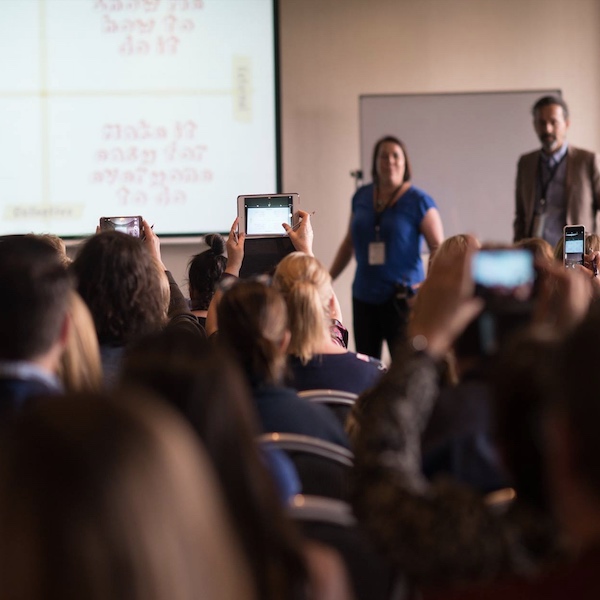
From Greenmode by Simon Divecha:
Over the past 5 years I’ve been involved with a delightful group diving into traditionally stuck health system problems. This work is creating holistic positive change assisting individual developmental grown and answering organisational financial and care imperatives.
The initiative – An Integral Performance Framework – has seen over 200 senior managers across Country Health South Australia shift mindsets, engage with wicked problems, develop ongoing answers, grow their and our capacities all while delivering for the organisation’s bottom lines. That is, positive change for all touched by the health system in country South Australia.
We’ve been fortunate to present this publicly in several forums – e.g. the 5th Positive Psychology and Wellbeing conference.
The initiative is catalysed by two key insights.
- It is not all about the easily quantifiable system-wide and individual health metrics. Yes, it is important how long a patient spends in a hospital bed. However, there are multiple determinants of this including the quality of engagement and understanding that person receives as well as the efficiency of the hospital, doctors and staff’s technical skills. We’ve known this for years however Integral Theory puts it in an all encompassing – internal / subjective AND external / objective – theory of the world common language context.
- Many issues for Country Health were problems to manage not solve! That is they are polarities where there are upsides and downsides of each polar approach. An obvious example is regional and centralised management. Aspects of each can deliver efficiencies. Too much of either can lead to waste and other problems.
None of this is revolutionary. We know this intellectually from research and theory.
What makes the substantive difference is a deep and engaged program – one where Directors of Nursing, Community Health Managers, Medical Directors and other clinical and corporate managers in action learning groups integrate their feelings, experiences and analytical knowledge with personal and group inquiries, listening and co-created understanding.
The work is lead by Country Health staff with a little external consulting – many workshop participants volunteered, on top of normal duties, to facilitate action learning in communities of practice with their peers.
At completion of the program, 80% of participants rated their understanding very strong with the majority identifying ways to incorporate the tools into their work. The engagement and application of learning showed that observing mindsets, culture, behaviours and systems (the integral quadrants) helped people to see more than one side of a complex issue.
The program received overwhelmingly positive feedback. It engages managers by tapping into their personal motivations, helping them to see more and showing how to demonstrate this to others.
“The tools have opened up different thinking and conversations at a leadership level. We’ve all had rich individual learning which will stay with us for our whole career.” said one regional director.
Over the course of the program, at workshops and during action learning groups, managers were asked to identify complex challenges confronting them in their roles. People took a deeper look at what was really going on – seeking and taking wider perspectives.
Achieving quality health care, which is both effective and efficient, requires organisations to engage mindsets, shape culture, build capabilities and develop systems. Too often, if we ignore complexity, we fix one problem only to create another. Then we fix the next problem, the polar opposite of the first one, to recreate the original issues. That’s a debilitating cycle.
This program shows that addressing such dynamics is not only possible. Managing and engaging in complexity enriches staff, workplaces and communities. The approach began with the original program team of four, extending to 20 Executive leaders, 22 Action Learning Facilitators and over 200 senior managers. It became sustainable through leaders walking away with skills and capabilities that are deeply embedded – understanding its as much a subjective, internal experience as a set of tangible external change practice actions.
The outcomes are applied both through the established formal and informal communities of practice and codified in the Country Health SA Performance and Accountability Framework.

From: https://greenmode.com.au/2018/12/23/holistic-health-system-change/


